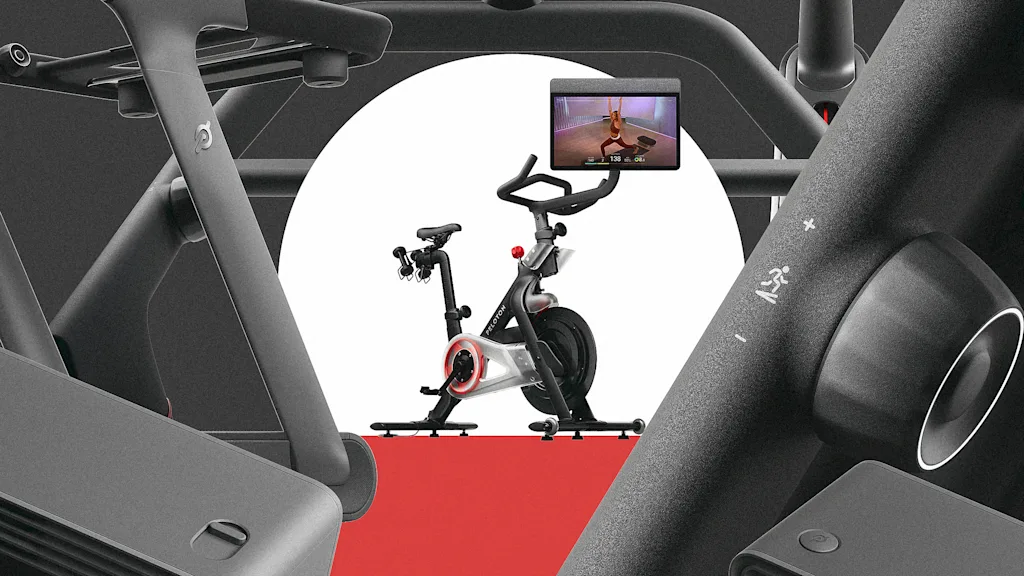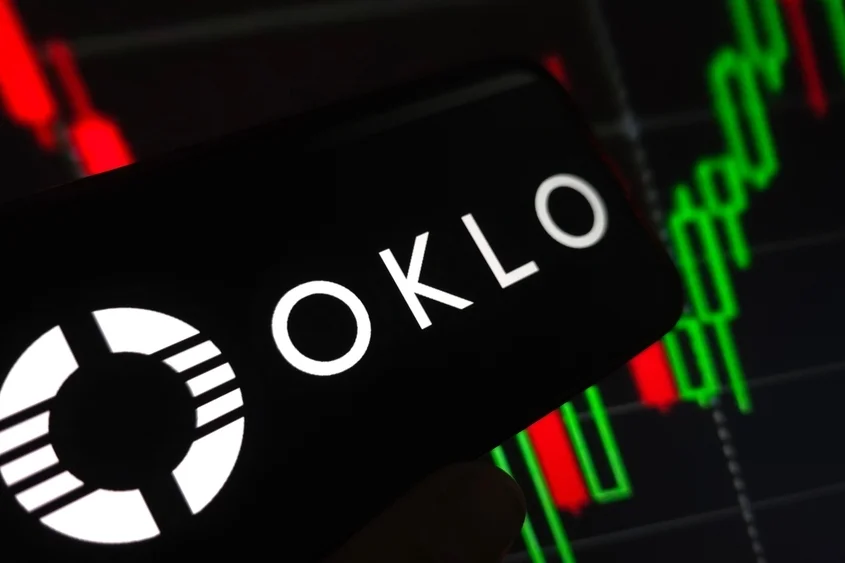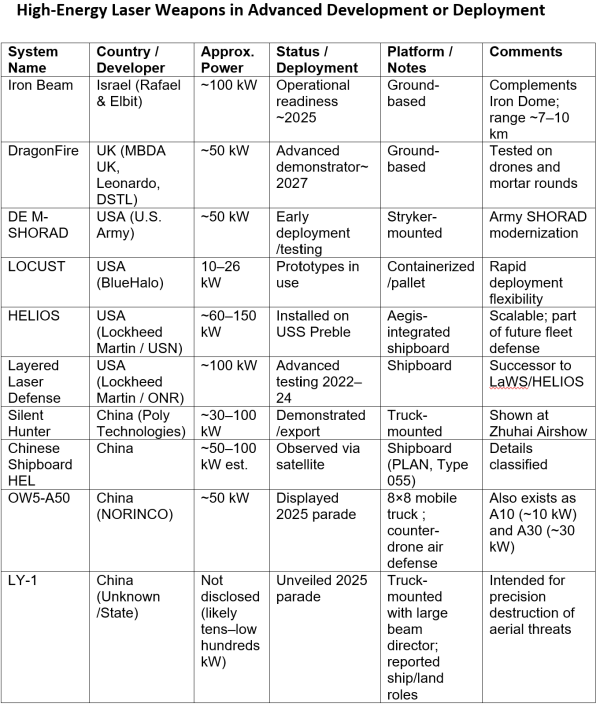
Peloton is pushing off with a new strategy for making workouts personal and more useful.
The at-home fitness company today unveiled a turnaround strategy that it says will overhaul and improve its offerings by relying on AI-powered features.
The company’s ultimate goal? Leveraging technology to increase personalization and create a more sticky workout experience and prevent churn, create communities between members that will bind them to the program.
The new strategy comes after a rocky few years for the company.
Peloton went public in 2019 at a price of $27 per share, but is now trading at $9 after incorrectly predicting demand for its products after a COVID-19-fueled surge drove the price to a height of $167.42 in January 2021. In an August earnings call, CEO Peter Stern—an Apple Fitness+ cofounder who joined Peloton in Januaary—announced a 6% workforce reduction.
On the same calll, the company posted a fourth-quarter profit and signaled it would adjust prices to offset the impact of extra costs associated with tariffs. Some of those price adjustments were announced today; the company’s All-Access Membership from $44 to $49.99 and App+ Membership from $24 to $28.99, and App One Membership from $12.99 to $15.99 effective this month.
With today’s announcement, the company is banking on AI-powered workout advice, personalization, and more community-focused content that will restore its usership (and stock price) back to its pandemic height.
AI Integration
Peloton’s newest features involve AI integration to personalize users’ experiences. Today, the company launched Peloton IQ, an AI and computer vision system available on its new product models to provide personalized guidance and class recommendations for members, based on movement tracking via built-in cameras, class history, and fitness level.
To power Peloton IQ, the company built its own large language model (LLM) using the data it’s collected over time. “We’re not using off the shelf LLMs,” Peloton’s Chief Product Officer Nick Caldwell says. “No else on the planet has the ability to do the sort of movement tracking that you’re going to see in our products. For some aspects of the product the company is using other LLMs like Meta’s Llama.
To match the company’s new AI capabilities, Peloton also unveiled new base and premium equipment. Its new bikes, treadmills, and rowing machines have built-in cameras that track users’ movements and offer them real-time feedback on their form during strength workouts. The cameras can also track weight-lifting reps and suggest different weights for each exercise. The new equipment also has swiveling screens to make cross-training in view of the camera easier.
Getting Personal
The upgraded software also includes a workout generator which comes up with personalized workout plans based on a user’s goals (like getting stronger or losing weight), and a self-paced strength setting that lets members take on-demand classes at their own pace while they receive live feedback from Peloton IQ. The equipment can be integrated with fitness trackers including products from Apple, Fitbit, and Garmin.
Once Peloton’s products have registered a user’s goals, workout history, and data, the app can even rate classes for them. For example, a member might see a “harder than your usual” tag next to a class while they are browsing.
“At the end of the class we can look at how you performed and we can give you insights,” says Jen Kotter, Peloton’s chief content officer. “Every week we roll that up into a report that is meant to directly affect the actions that you take on our platform.”
advertisement
To prepare for the launch, the company has already banked 2,000 instructor-led classes that can track users—all available on the platform starting today.
Custom workouts for more people
As Peloton uses AI to expand its personalization capabilities, it’s also unveiling tailored content for different groups of users, including one that has been the target of a growing focus from companies: people in menopause.
In 2024 the market for menopause-related products and services was worth approximately $17.79 billion. By 2030, that number is projected to reach around $24.35 billion. Today the company announced a partnership with Respin Health, which provides coaching, community support, and products geared towards women in menopause.
The programming, set to launch October 6, will feature curated classes designed to relieve certain menopause symptoms, and will let women join a dedicated digital community on the Peloton app. Kotter says it’s an example of Peloton listening to what its riders—and instructors—want from it.
“[Menopause] started to be a big conversation for a lot of members who had been with us for many years,” she says. “They didn’t like the way they were feeling, and they honestly didn’t know what kind of workouts would help them and they didn’t want to lose traction.”
The company is also launching other dedicated content collections to help groups including those with runner’s knees or tennis elbows, new moms, and office workers. In tandem, Peloton is doubling down on digital teams in the app, letting users join them based on various affinities or hobbies to encourage each other, all in the hopes of getting them to stay.
“Ultimately, we want to be able to have a one-to-one relationship with each one of those 6 million [members],” Caldwell says.



